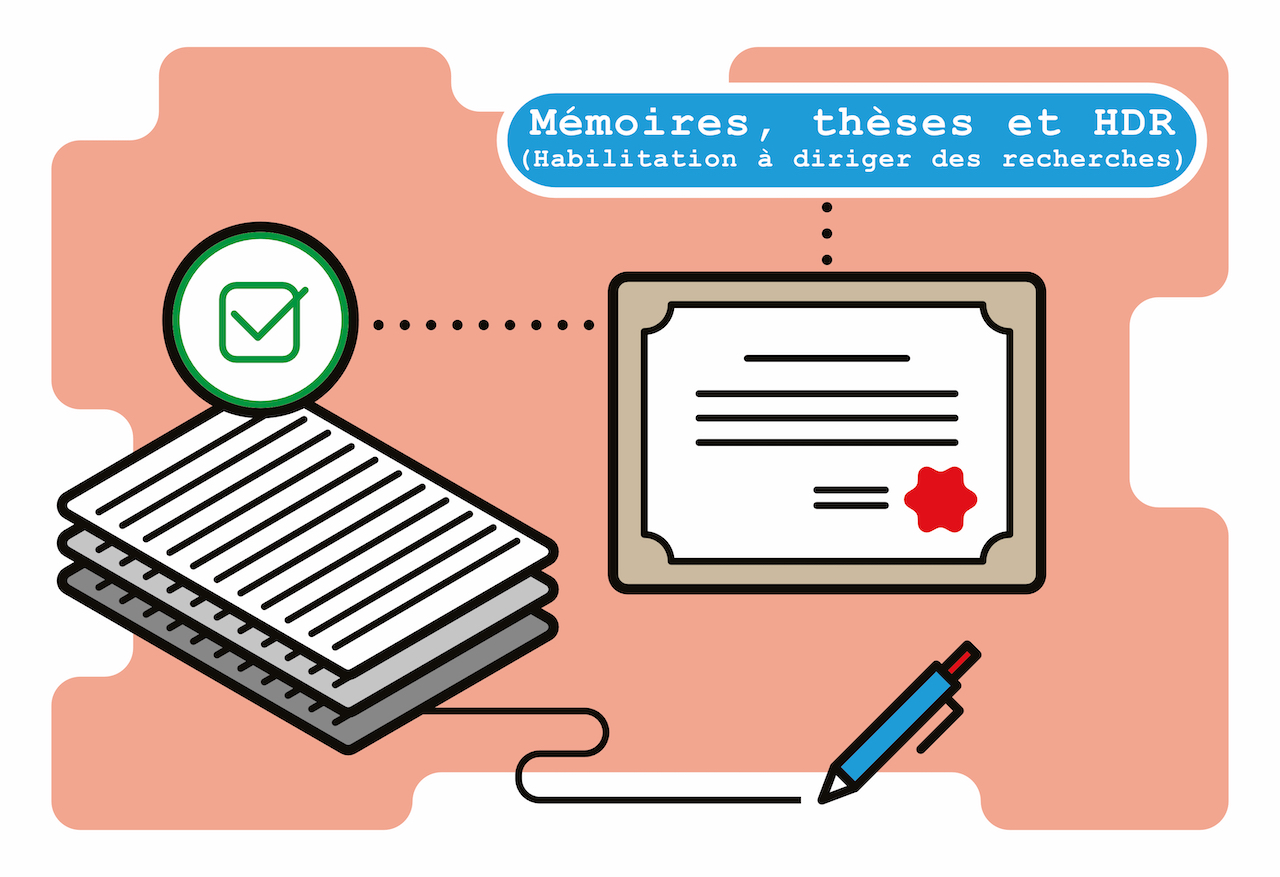Scientific knowledge and political decision-making for climate change adaptation : regional makings of government action Savoirs scientifiques et décision politique pour l'adaptation au changement climatique. La fabrique régionale de l’action publique
Fiche du document
5 décembre 2024
- ISIDORE Id: 10670/1.5128ad...
- NNT: 2024BORD0331
- tel: tel-04886328
info:eu-repo/semantics/OpenAccess
Mots-clés
Climate change adaptation Political decision-making Government action Adaptation changement climatique Sociologie Savoirs scientifiques Décision politique Action publiqueSujets proches
Cambistry International exchange Exchange, Foreign Foreign exchange problem Foreign currency Currency exchange FX (Finance) Foreign money Forex Cambio extranjero Cambio internacional Cambio monetario Divisas Mercado de divisas Moneda--Cambio exterior Devises (monnaie) Cambisme Importations de capitaux Change international Change étranger Exportations de capitauxCiter ce document
Camille Francois Dit Jonchéres, « Savoirs scientifiques et décision politique pour l'adaptation au changement climatique. La fabrique régionale de l’action publique », HAL SHS (Sciences de l’Homme et de la Société), ID : 10670/1.5128ad...
Métriques
Partage / Export
Résumé
L’intégration et l’appropriation de l’expertise scientifique constituent un enjeu stratégique pour l'action publique des collectivités régionales face au changement climatique. La thèse montre comment la Région Nouvelle-Aquitaine traduit l’impératif politique d'une adaptation au changement climatique (ACC) en une politique régionale opérationnelle. En particulier, comment les agents régionaux mobilisent-ils les connaissances scientifiques ? Quels sont les processus d’expertises à l’œuvre et comment l’action publique se construit-elle entre l’échelon régional et l’échelle plus locale de l'opérationnalisation effective de l’ACC ? La thèse s'appuie sur trois cas d’étude : l’observation d’une politique affichée de « transitions » (NéoTerra) ; l’appropriation de l’ACC par la technostructure à travers 50 entretiens semi-directifs avec les agents régionaux ; l’analyse rétrospective d’une adaptation radicale conduisant à l'effacement d'un étang en Limousin. La thèse montre les implications d’une intégration de l’ACC dans la politique régionale ; le travail politique et d’expertise des agents régionaux pour façonner la décision publique ; les conditions de réalisation d’une action transformative d’ACC sur un enjeu et un territoire spécifique. Ce travail de recherche réalisé dans le cadre d'une allocation CIFRE avec la Région Nouvelle-Aquitaine, a pour finalité de promouvoir une adaptation transformationnelle et inclusive à la hauteur des enjeux de l'anticipation du changement climatique.
